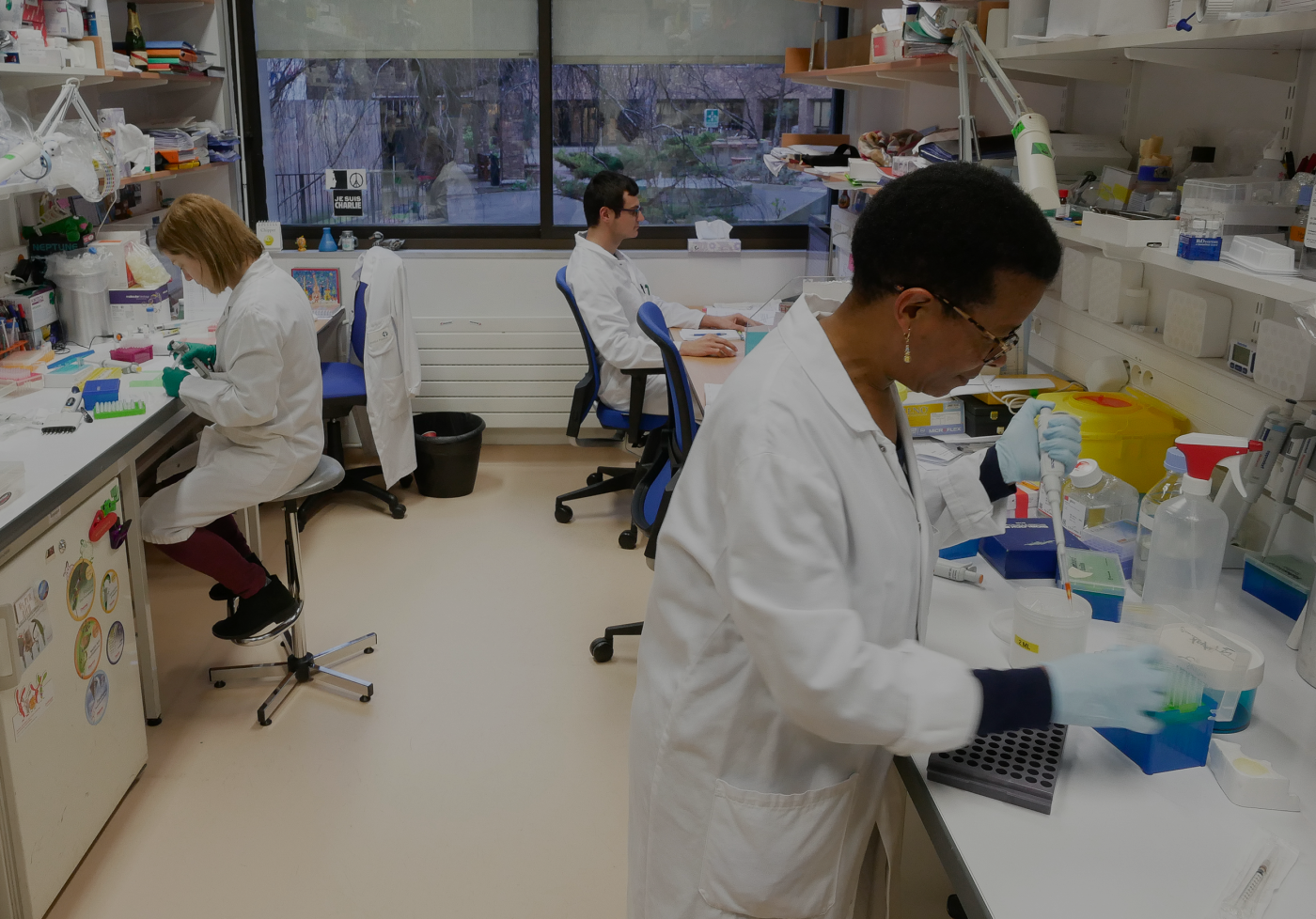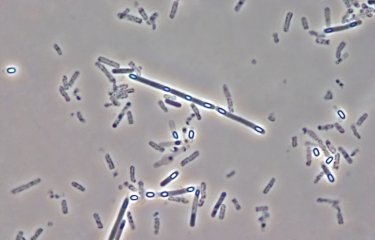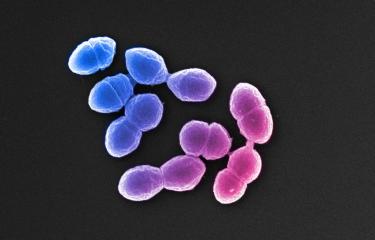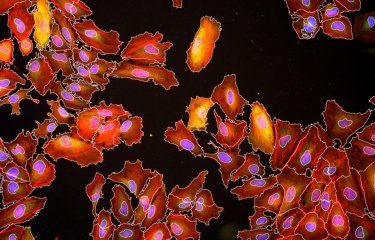Microbes colonize all body surfaces and help to balance the immune system. In newborn infants, gut microbiota is first conditioned by breast milk components. When solid food is introduced, gut microbiota develops and bacteria proliferate. Scientists from the Institut Pasteur and Inserm have discovered that a key immune response is generated in mice when solid food is introduced and microbiota expands. But, above all, they have shown that this immune reaction is essential as it is involved in educating the immune system and leads to low susceptibility to inflammatory disorders (allergies, colitis, autoimmune diseases, cancer) in adulthood. These findings were published in the journal Immunity on March 19, 2019.
With the arrival of improved hygiene in the mid-19th century, the rate of death from diseases caused by microorganisms fell dramatically. In our current industrial societies, the hygiene hypothesis now states that reduced exposure to microbes at an early age could lead to increased susceptibility to allergic or autoimmune diseases. Previous studies have shown that disruption of microbiota, particularly through exposure to antibiotics, may result in allergic responses[1].
In newborn infants, the composition of the gut microbiota is determined at birth by the bacteria acquired from the mother and the composition of breast milk. It mainly features bifidobacteria and lactobacilli. When new foods are introduced, the microbiota proliferates and the number of bacteria increases 10- to 100-fold. Scientists (Ziad Al Nabhani and his colleagues) from the Microenvironment and Immunity Unit (Institut Pasteur/Inserm), led by Gérard Eberl, have discovered that this phenomenon triggers an intense immune response in mice.

Ziad Al nabhani, first author of the study
We showed that this mechanism takes place within a very specific time window: between two and four weeks in mice which corresponds to three to six months in humans
"We then assumed that this specific time window means that the immune response is programmed over time and therefore has a unique role to play in the development of the immune system" continues Gérard Eberl.
The scientists demonstrated that, by treating mice with antibiotics during this critical time window, mice were subsequently more likely to develop inflammatory disorders (intestinal allergies, colorectal cancer and colitis). Once the microbiota is destroyed by antibiotics, the immune reaction no longer occurs. "This is what is known as pathogenic imprinting" explains Gérard Eberl, "that is to say, events occurring in early childhood determine future susceptibility to inflammatory disorders".
The scientists also revealed the presence of specific cells during this reaction which are necessary for balanced immune responses. These regulatory T cells (Tregs) are key modulators and without them immune responses are exacerbated, leading to inflammatory disorders.
All this data highlights the importance of early life exposure to microbiota for the development of a balanced immune system.

Gérard Eberl, the lead author of the study
We would now like to confirm these findings on the impact of microbiota at weaning in the context of other pathologies, such as neurodegenerative diseases for example
This research was funded by the Institut Pasteur and Inserm, together with Association François Aupetit, Crohn’s Colitis Foundation of America, the European Crohn’s and Colitis Organisation, the French Foundation for Medical Research (FRM), Janssen Horizon, and the Kenneth Rainin Foundation.
It was conducted within the framework of the "Microbiota" transversal program, introduced in 2016 as part of Inserm's strategic plan.

A team tackling the mysteries of the microbiota, the brain and the immune system
Source
A weaning reaction to microbiota is required for resistance to immunopathologies in the adult, Immunity, March 19, 2019
Ziad Al Nabhani1,2, Sophie Dulauroy1,2, Rute Marques1,2, Clara Cousu1,2, Shahed Al Bounny1,2, François Déjardin1,2, Tim Sparwasser3, Marion Bérard4, Nadine Cerf-Bensussan5,6 and Gérard Eberl1,2
1 Institut Pasteur, Microenvironment & Immunity Unit, 75724 Paris, France
2 INSERM U1224, 75724 Paris, France
3 Department of Medical Microbiology and Hygiene, University Medical Center of the Johannes Gutenberg University, 55131 Mainz, Germany
4 Institut Pasteur, DTPS, Animalerie Centrale, Centre de Gnotobiologie, 75724 Paris, France
5 INSERM, U1163, and Institut IMAGINE, Paris, France
6 Université Paris Descartes-Sorbonne Paris Cité, Paris, France





